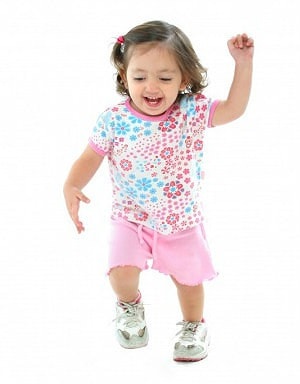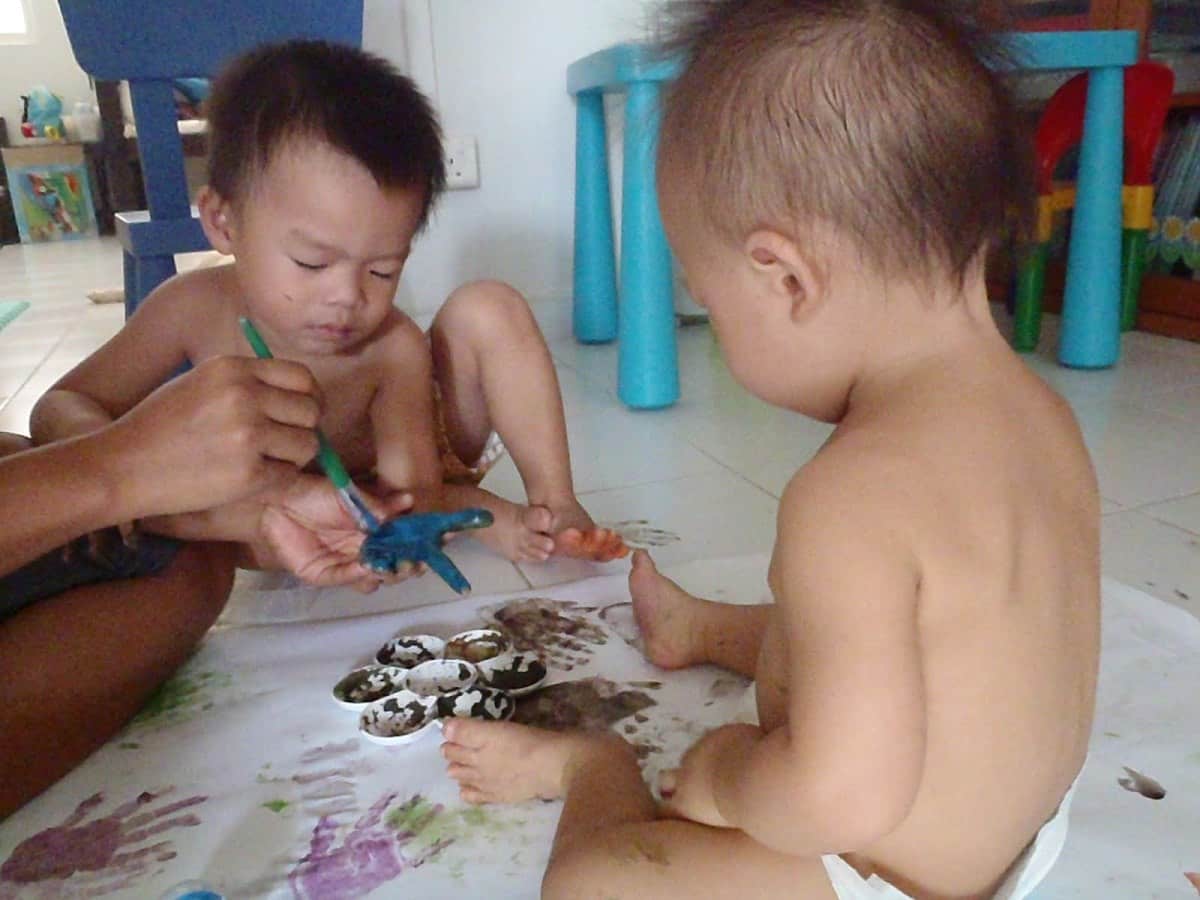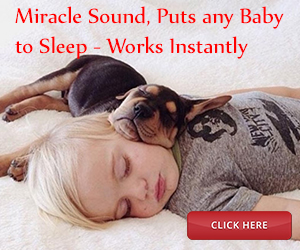Your child is now two and a half years old! Can you believe it..?
They are growing up so quickly. This article will discuss the developmental milestones for the average 30 months old child.
Language development
At this point, your toddler will have a vocabulary of about 350 words and can name objects as well as action words. They can distinguish the difference between concepts such as “hot and cold” or “up and down.” They can speak in short sentences and answer questions with short phrases, but cannot yet tell narratives. They begin to refer to themselves using “I” and are starting to learn action words “I run, I fall.” They are getting better at following simple three step instructions.
Your child should be able to say their first and last name at this point in their development and use the pronouns “he” and “she” even though they might mix them up at this early stage. They will be able to recite simple rhymes and words from songs.
They are also beginning to “experiment” with volume levels as they are now learning to shout and whisper and speak in different tones.
As always, it is important to communicate with your toddler during this time. The more you talk to your child and ask and answer questions, the better chance of them developing a wider vocabulary. Just remember to be patient as they will be extremely inquisitive during this time!
Social and emotional development
At this point your child is more into “parallel” play when it comes to interacting with other children, they may engage in some group play, but are still struggling with the concept of sharing. They are struggling between wanting to be independent and still needing assistance at some tasks so it may mean some frustration on their part as they try to struggle to become their own little person at this stage.
They are still struggling to learn the proper way to express their emotions and may become agitated when you cannot understand them. Again, practice patience, they are probably more frustrated than you are at this point. While their separation anxiety may start to decline, they may start to develop new fears, such as fear of the dark. They may also start to react negatively to change as they are still thriving on routine at this stage.
They may also start to regulate their behavior as they learn the difference between right and wrong.
Physical development
Gross motor skills
 At 30 months, your child will be increasingly more independent and more active. They should be able to jump up and down with both feet off the floor, walk and downstairs while alternating feet, and may be able to start pedaling a tricycle. They should be able to start to balance on one foot for a short period of time, maybe with some support at first. They may be able to hop on one foot shortly and walk backwards and sideways.
At 30 months, your child will be increasingly more independent and more active. They should be able to jump up and down with both feet off the floor, walk and downstairs while alternating feet, and may be able to start pedaling a tricycle. They should be able to start to balance on one foot for a short period of time, maybe with some support at first. They may be able to hop on one foot shortly and walk backwards and sideways.
Your child should now be able to run and avoid obstacles in his/her direct path. She/he should be able to jump from the bottom stairs and land on his/her feet without assistance and start to walk on a balance beam or in a straight line. They should be able to kick a ball forward and catch a large ball with both hands.
Fine motor skills
By the time your child is 30 months old, they should be able to snip paper with childproof scissors and fold a paper in half. They should also be able to draw or copy certain patterns or shapes, such as a cross.
They should be able to start to maneuver larger buttons and zippers with no assistance and remove large lids from jars while rotating their wrists. They should be improving their eating skills. They should also be able to duplicate a 3-4 block structure and assemble larger 4-5 piece puzzles with little to no assistance.
Cognitive development
At 30 months, your child is now developing a longer attention span. You should take advantage of this time to promote developmental learning and play. They are beginning to develop problem solving skills through the process of trial and error and are retaining information for longer periods of times. They may be able to repeat a small number sequence or better recite rhymes or song lyrics.
At this point they are starting to understand the concept of “tomorrow” or “soon”, but still have trouble understanding the past. They may recall past events, but not be able to yet distinguish between “yesterday” and “last week.” They will start to incorporate toys into dramatic play and sort objects into sets according to shape, size and color. They are also beginning to comprehend the sequence of numbers and letters.
What to expect at your child’s 30 month (2.5 year) checkup
It’s time for your toddler’s 2.5 year checkup. These are some of the things your doctor will look for at the time of the appointment.
- height, weight and BMI (Body Mass Index)
- physical exam (eyes, ears, heart, lungs, etc)
- immunizations
- developmental screening
Your pediatrician will then discuss your child’s eating and bathroom habits (bowel movement regularity, if they are ready to potty train, etc) and sleeping habits. You should discuss any questions or concerns with your child’s physician at this time and let the doctor know of any reactions to foods, medications, etc.
Check on your next months toddler / child development, milestones & stages
12 Months Old – 13 Months Old – 14 Months Old – 15 Months Old –
16 Months Old – 17 Months Old – 18 Months Old – 19 Months Old
20 Months Old – 21 Months Old – 22 Months Old – 23 Months Old
24 Months Old – 25 Months Old – 26 Months Old – 27 Months Old
28 Months Old – 29 Months Old – 31 Months Old
32 Months Old – 33 Months Old – 34 Months Old – 35 Months Old


